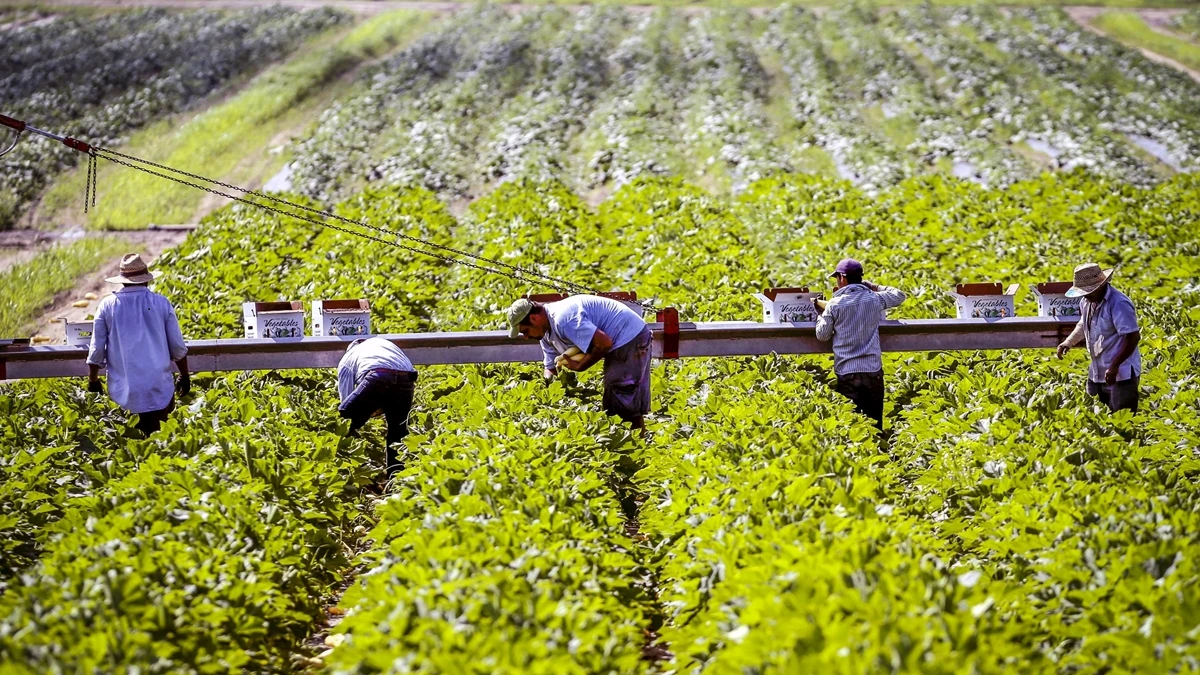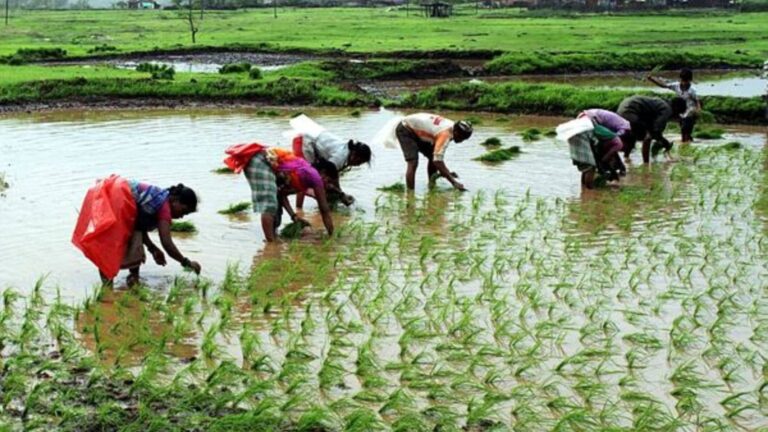
Farmers adopting climate-friendly farming techniques can potentially see their incomes soar by over 275%, while also enhancing soil quality, according to research conducted by the Centre for Advanced Studies on Climate Change at Rajendra Prasad Central Agricultural University (RPCAU), Pusa.
Revolutionary Observations
Dr. Ratnesh Kumar, the Centre’s director, revealed that several significant findings from the study could revolutionize modern agricultural practices. “The adverse impacts of extreme temperatures, untimely rains, and storms on crops can be significantly mitigated,” Kumar stated. The research is currently being implemented in 60 villages across 11 districts: Begusarai, Darbhanga, Madhubani, East and West Champaran, Sheohar, Sitamarhi, Saran, Siwan, Gopalganj, and Mujaffarpur.
Enhanced Crop Production and Reduced Costs
“The university provides weekly agricultural advice and weather updates to farmers, which has led to a 60% reduction in irrigation costs and a 60% increase in wheat production,” Kumar explained. The research highlighted that strong wheat crop roots can reduce damage from storms and rains by about 90%. This resilience is achieved through zero-tillage sowing methods, which also involve the appropriate use of manure.
Additional Earnings from Diverse Crops
In addition to wheat and paddy, farmers in Bihar have been earning an extra Rs 30,000 to 32,000 annually by cultivating moong crops using climate-friendly methods. Scientist S.P. Lal noted that farmers practicing climate-friendly paddy farming also plant arhar on the raised dividers (medh) between crops. “This not only protects the paddy crop from strong winds but also improves the nitrogen quality in the soil. Farmers have increased their income by about 30% while meeting their domestic lentil requirements,” Lal said.
Social and Economic Benefits
Vice-chancellor P.S. Pandey highlighted that the study also collected data on the social and economic impacts of climate-friendly farming. It was found that about 30% of the increased income was spent on children’s education, showcasing the broader benefits of these sustainable practices.
Overall, the adoption of climate-friendly farming techniques not only boosts farmers’ incomes significantly but also promotes environmental sustainability and social welfare, presenting a comprehensive solution to modern agricultural challenges.






